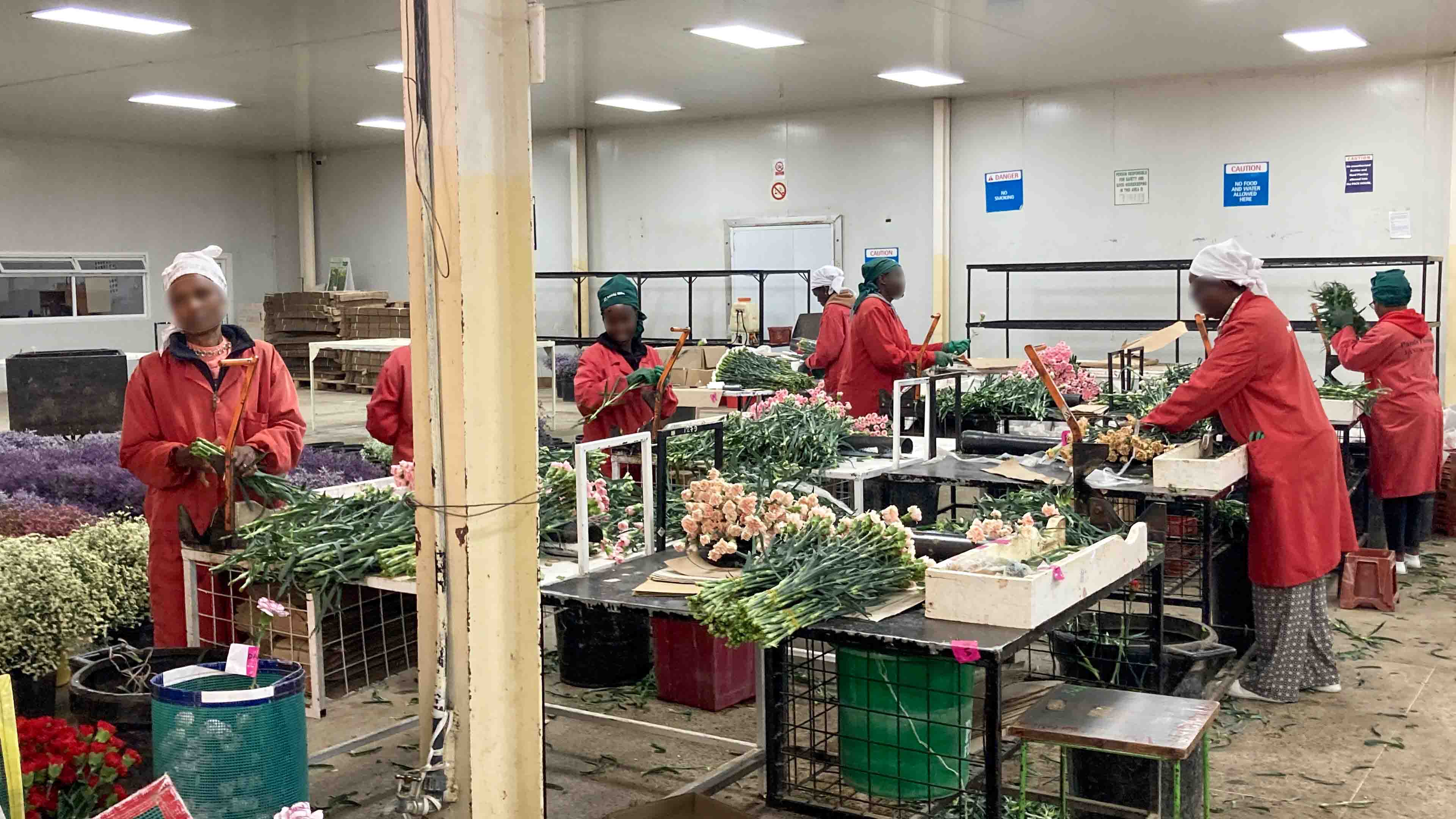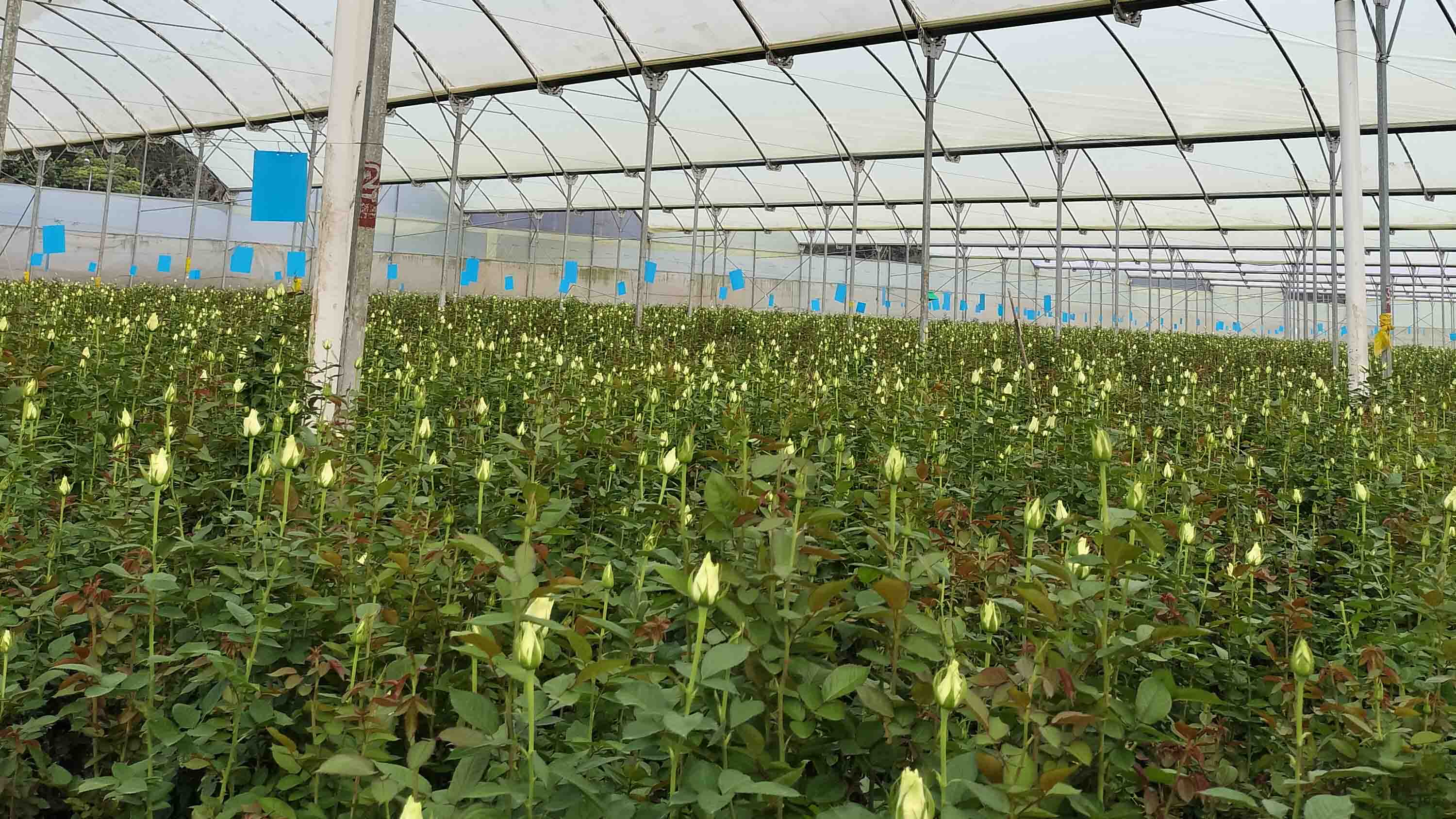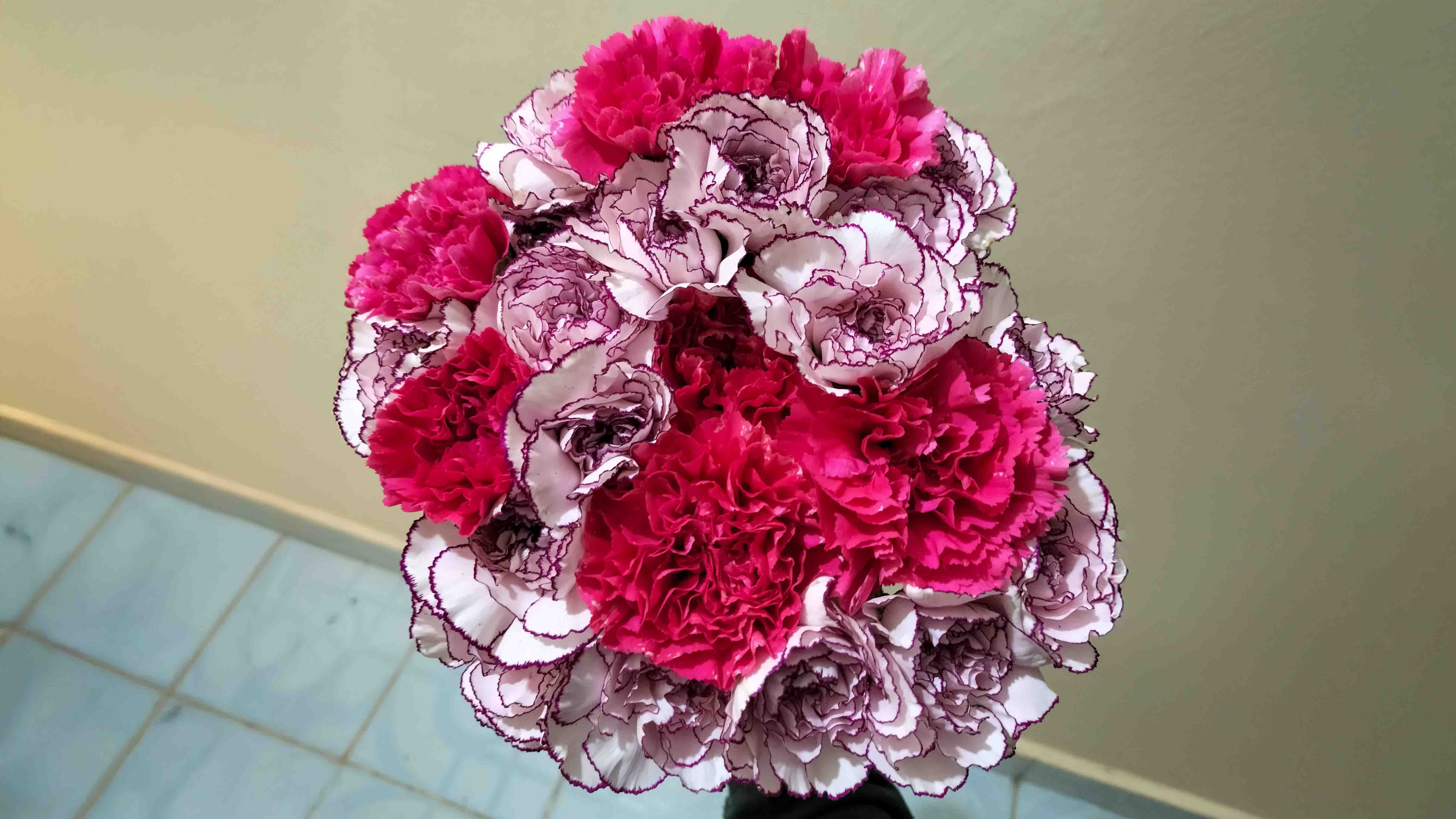Kenya is famous for tea and coffee exports, but would you have expected it to be one of the biggest exporters of cut flowers?
Over the last two decades, Kenya has quietly grown into a floral powerhouse, with its cut flower industry becoming one of the country’s top foreign exchange earners. With ideal growing conditions—consistent sunshine, high altitude, and fertile soil—Kenya produces some of the most beautiful roses, carnations, and summer flowers that grace supermarket shelves and florist shops across Europe, particularly in the Netherlands, Germany, and the UK.

Economic Impact and Sustainability
In 2023, Kenya exported over 200,000 tonnes of flowers, earning more than USD 1 billion. The sector contributes significantly to the country’s GDP and foreign reserves. Moreover, flower farms have increasingly adopted environmentally responsible practices, such as using recycled water, reducing pesticide use, and adopting fair labor standards under global certifications like Fairtrade and MPS*.
 Rose farm in Naivasha
Rose farm in Naivasha
 Bouquet of Kenyan Carnations
Bouquet of Kenyan Carnations
A Symbol of Global Connection
Every Valentine’s Day, Mother’s Day, or even on an ordinary Tuesday, when someone in London, Amsterdam, or Paris gifts a rose, they may be unknowingly holding a piece of Kenya in their hands. This simple flower connects growers, packers, exporters, florists, and lovers across continents.
So next time you pick up a bouquet, take a moment to think of the journey those vibrant petals have made—from the shores of Lake Naivasha to your hands. Kenya’s roses are more than just flowers—they’re a symbol of beauty, sustainability, and the power of global trade.
References | Notes
- MPS (Mileu Programma Sierteelt): An international certification organization for the horticultural sector
